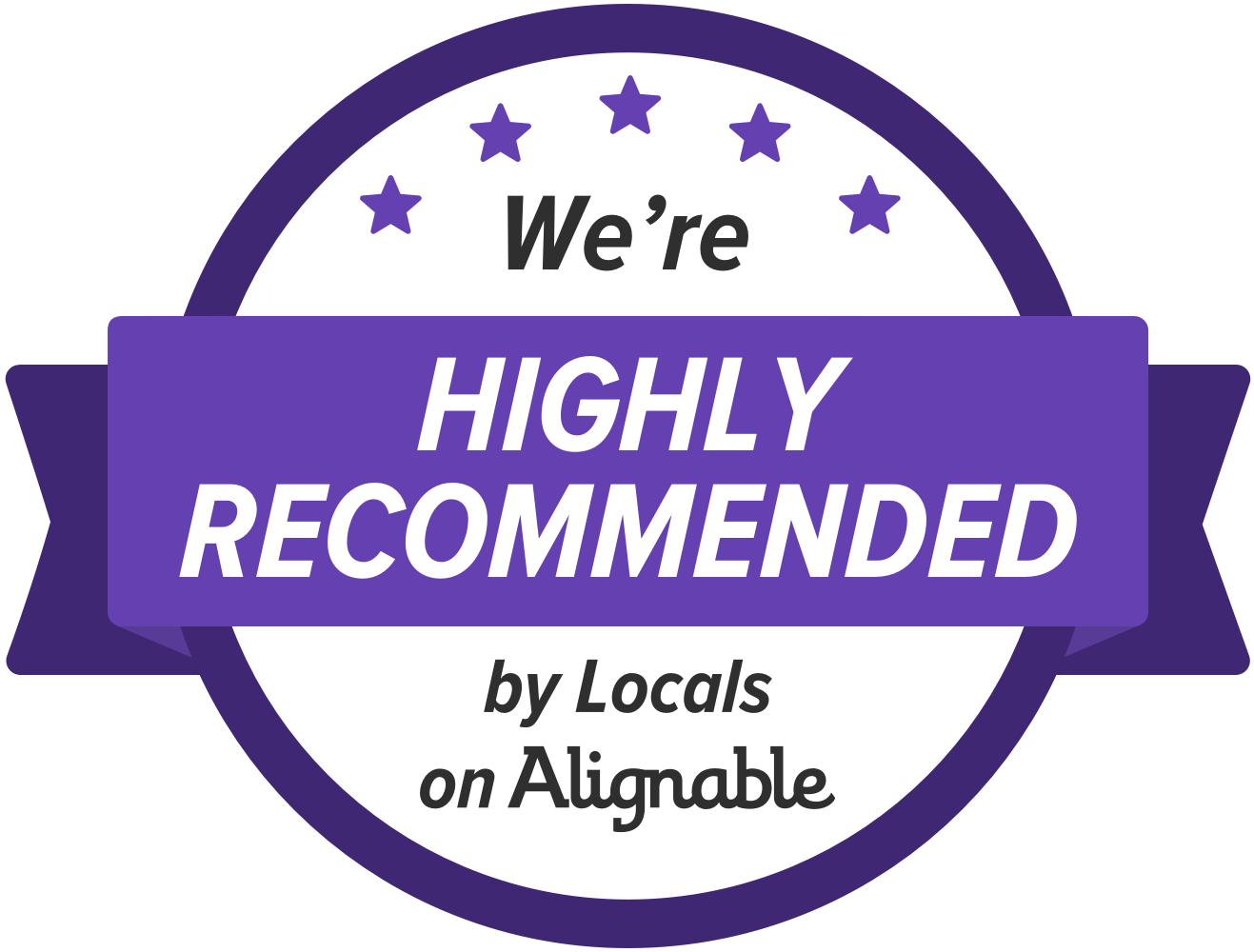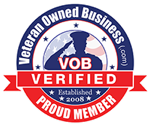ADA Legal Stuff
ADA Legal Stuff
Here’s what businesses need to know
The Americans with Disabilities Act (ADA) was passed by the US Congress in 1990, with the goal of prohibiting discrimination against individuals with disabilities in all areas of public life, including public and private places that are open to the general public.
Website Compliance
There are three levels of ADA compliance for websites. They are:
- A = below acceptable
- AA = standard (and where you want to be)
- AAA = exceptional
Although business websites weren’t explicitly mentioned (the law was written in 1990 and pre-Internet!), over time, there’s been increasing debate about whether websites qualify as “places of public accommodation” under Title III of the act.
For example, a blind patron alleged that Dunkin’ Donuts wasn’t in compliance with the ADA because its site wasn’t compatible with screen-reading software. A similar suit was brought against the Domino’s pizza chain. Even Beyonce was targeted!
In October of 2018, the Supreme Court handed a defeat to Domino’s by declining to revisit a lower court’s ruling, sparking a flurry of media coverage, and raising concerns with businesses about whether their sites need to be ADA compliant.
In 2019 web accessibility federal lawsuits hit record numbers, with 11,053 suits filed in federal court, an 8.8% increase from 2018. California led the way with 4794 web accessibility lawsuits, which may be in response to a ruling by the U.S. Court of Appeals for the Ninth Circuit which reversed a federal judge’s 2017 dismissal of a case against Domino’s Pizza. A man who is blind complained that he was unable to use Domino’s website or mobile app because neither was accessible.
People have taken legal action against both the Social Security Administration and the Department of Homeland Security over Section 508 violations.
We know that thousands of businesses have been targeted by frivolous lawsuits and unscrupulous lawyers. In many cases this is blatant extortion, since fighting the lawsuit would be more expensive than just paying up. The average settlement is reported to be about $50,000.
Industries which are sued for the Non-Compliance with Americans with Disabilities Act (ADA) are:
- Travel/Hospitality
- Restaurants/Food Service
- Medical/Health
- E-Commerce
- Universities/Educational
- Beauty/Fitness/Wellness
- Entertainment/Leisure
- Fox Theaters
- Insurance
- Retail Stores
- Home Services
- Banking/Financial
- Real Estate
- Automotive
- Government
- and many other Small Businesses


